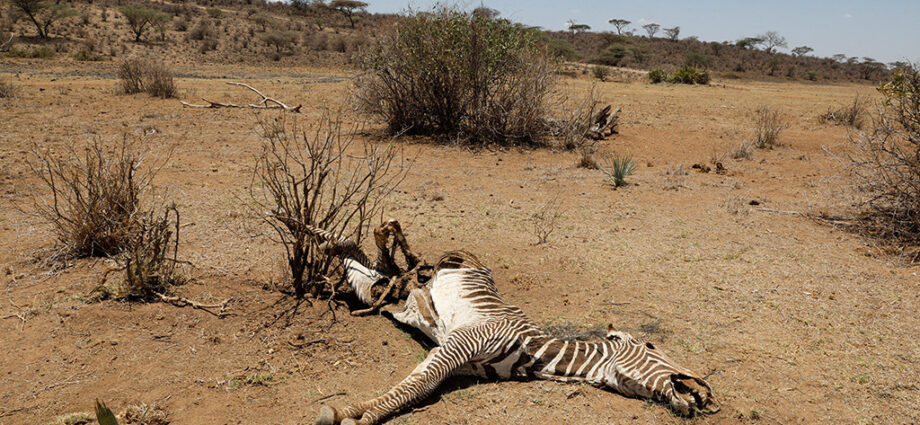A gruelling two-year drought in Kenya has wiped out 2% of the world’s rarest zebra species and increased elephant deaths as well, as the climate crisis takes its toll on the east African nation’s wildlife.
Animal carcasses rotting on the ground – including giraffes and livestock – have become a common sight in northern Kenya, where unprecedented dry spells are chipping away at already depleted food and water resources.
The Grevy Zebra, the world’s rarest of the zebra species, has been the worst hit species by the drought.
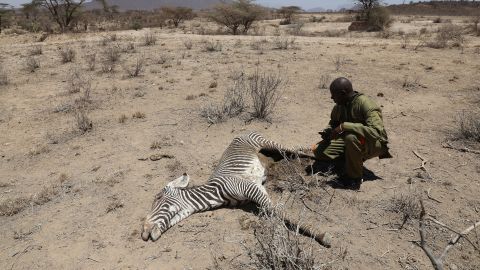
Founder and Executive Director of the Grevy’s Zebra Trust, Belinda Low Mackey, told CNN that the species’ mortality rate would only rise if no significant rain falls on the region.
“If the approaching rainy season fails, Grevy’s zebra face a very serious threat of starvation,” she said. “Since June, we have lost 58 Grevy’s zebra and mortality cases are rising as the drought intensifies.”
Even the most drought-resistant animals are impacted. One is the camel, which is known to survive lengthy periods without water.
“Camels are a valuable resource for many people in this region,” Suze van Meegen, an Emergency Response Manager for the Norwegian Refugee Council in East Africa, told CNN. “The deserts of Kenya … are now littered with their carcasses.”
Kenya is on the brink of its fifth failed rainy season and its metrological department forecasts “drier-than-average conditions” for the rest of the year.
Conservationists are worried that many more endangered species will die.
“If the next rains fail … we could expect to see a substantial spike in elephant mortality,” says Frank Pope, who heads Kenya-based conservation charity Save the Elephants.
“We are seeing herds splintered into the smallest units … as they try to eke out a living,” he said. “Calves are being abandoned, and elderly elephants are dying. Without rain, others will soon follow.”
As the dry spell persists, other endangered wildlife is fast going extinct.
Living off wildlife
The drought is also worsening poaching for bushmeat, which has risen among pastoralist communities in the north as the drought impacts other sources of income.
In some areas, Grevy’s zebras are being poached in grazing reserves.
“The drought has led to increased poaching of Grevy’s zebra due to large numbers of livestock converging on grazing reserves,” Mackey said. “This has led to inter-ethnic conflict (sometimes animals get caught in crossfire) and poaching, as herders resort to living off wildlife.”
Human-wildlife conflict has also fueled the killing of dozens of elephants that are forced to come in close contact with humans as they chase shrinking sources of food and water, said Pope of Save the Elephants.
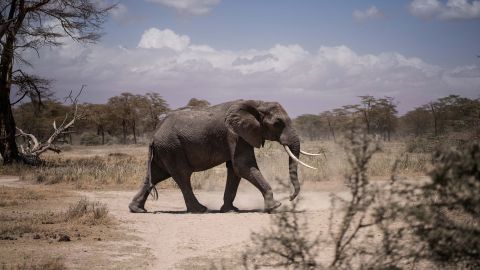
“Last year, we lost half as many elephants to conflict with people as we did to poaching at the height of the ivory crisis 10 years ago,” he tells CNN.
Nearly 400 elephants were lost to poaching 10 years ago, the highest in Kenya since 2005, according to a 2012 report by the country’s wildlife service.
While government action against ivory trade has quelled ivory poaching in Kenya, poaching for bushmeat has persisted due to the drought and soaring food prices.
Worst drought in decades
Since October 2020, four consecutive rainy seasons have failed in parts of Kenya and the Greater Horn of Africa. The UN says this is region’s worst drought in 40 years.
More than four million Kenyans are “food insecure” due to the drought and over 3 million can’t get enough water to drink.
The Grevy’s Zebra Trust says it is helping endangered species survive the drought through supplementary feeding.
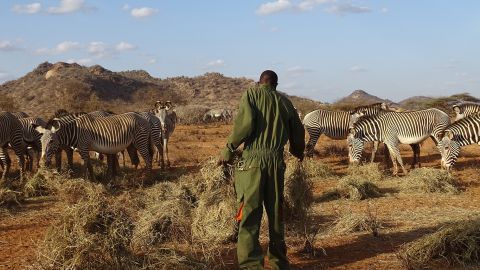
“We have one dedicated feeding team in each of the three national reserves (Samburu, Buffalo Springs and Shaba). On average we are using 1,500 bales (of supplementary hay) per week,” Mackey said, adding that other species such as oryx and buffalo were also benefiting.
However, interventions for elephants at a scale that could make an appreciable difference are difficult, says Pope.
“Providing new water sources can be counter-productive, for instance, causing local desertification,” he said. “Save the Elephants concentrates on helping local people protect themselves from conflict (with stray elephants) and helps respond to incidents when conflict does occur.”
Pope also worries that when the rains finally come, there might be less grass due to overgrazing by livestock.
“A bigger concern is the overgrazing that is starting to turn the fragile landscape to desert. When the rains do come there will be less grass, even as the pressure on the landscape increases.”
Source: cnn.com
Share this news
This Year’s Most Read News Stories
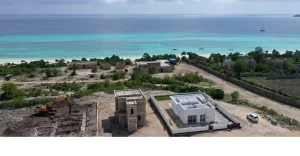
Tanzania readying to talk to British developer over Zanzibar land lease revocation
Dar es Salaam. British firm Pennyroyal Limited has said it will sue the Tanzanian government over leasehold revocation in Zanzibar, but the Attorney General has confirmed that they are preparing to meet with the investor.Continue Reading
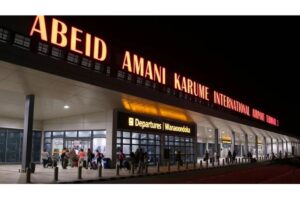
High Court rejects Transworld’s application
The High Court in Dar es Salaam has struck out an application in which Transworld Aviation, a ground handler at the Abeid Aman Karume International Airport (AAKIA) was seeking permission to sue the Tanzania Civil Aviation Authority (TCAA).Continue Reading
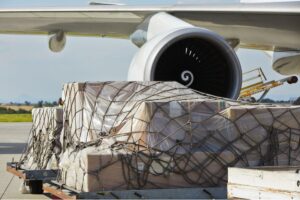
Zanzibar airport monopoly puts 600 jobs at risk
On September 14, 2022, the director general of ZAA issued a directive that gave Dnata Zanzibar Aviation Services Limited an exclusive access to the newly constructed Terminal III, barring other operators.Continue Reading

